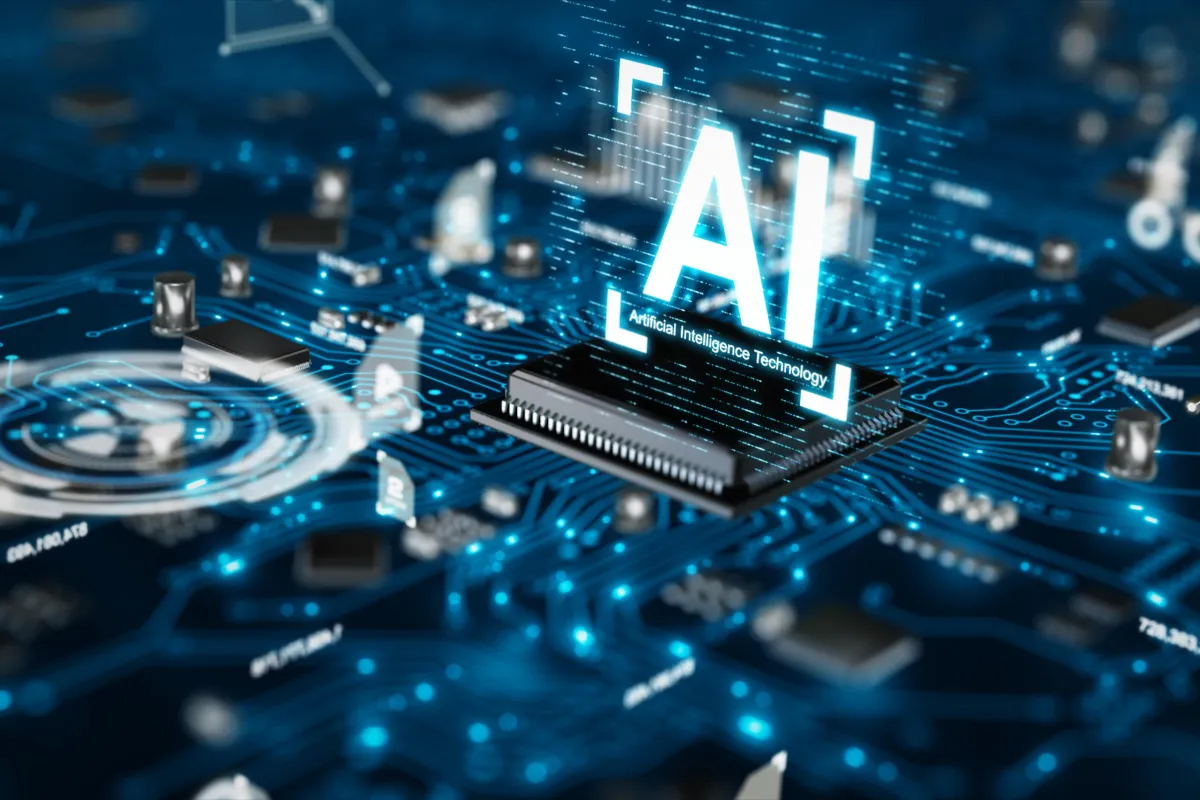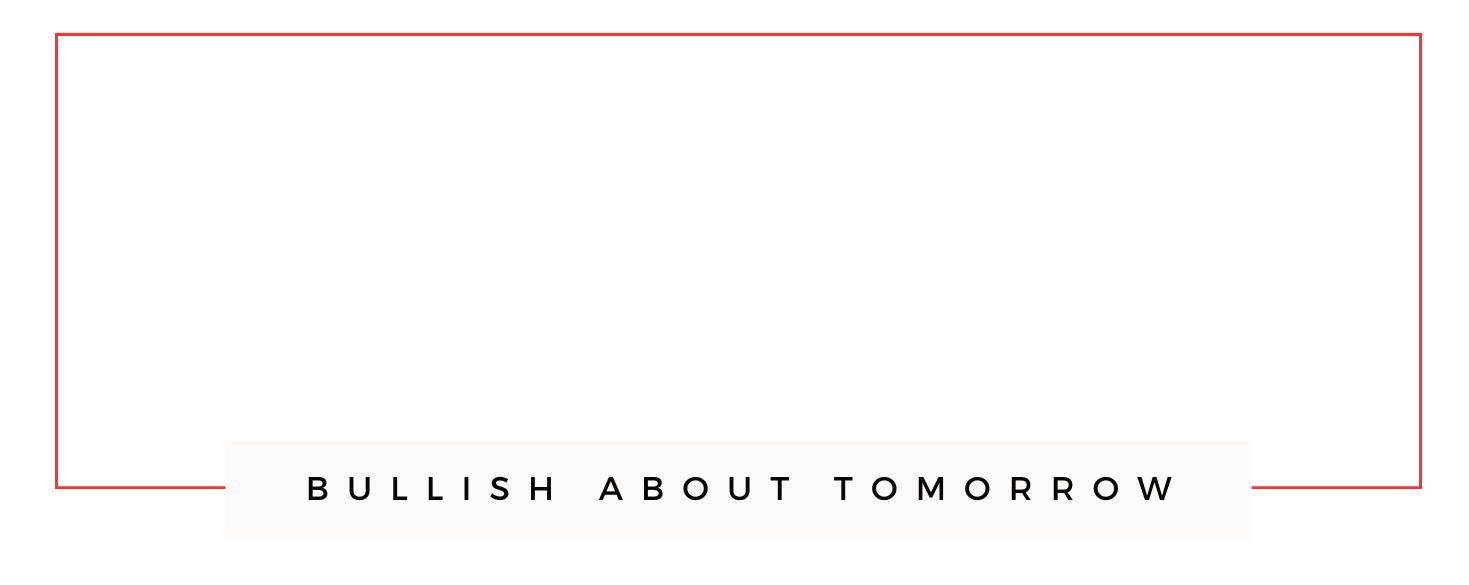BULLISH ASSESSMENTS
Business scalability and success has always been driven by data and the insights derived from it. Data insights are valuable when External data is synthesized with Internal data using both qualitative and quantitative methods. Qualitative data is more perspective driven, whereas, quantitative data is more objective and measurement driven. Both methods are important to leverage data insights as a foundation for competitive advantage.
BULLISH ASSESSMENTS
Business scalability and success have always been driven by data and the insights derived from it. Data insights are valuable when External data is synthesized with Internal data using both qualitative and quantitative methods. Qualitative data is more perspective driven, whereas, quantitative data is more objective and measurement driven. Both methods are important to leverage data insights as a foundation for competitive advantage.
AI Mini Assessment
Operational AI isn't the same as Strategic AI. Did you know the AI laggard compounds strategic risk?

The AI Readiness Assessment helps businesses evaluate their current preparedness for integrating artificial intelligence (AI) into their operations. By assessing key factors such as data infrastructure, talent availability, and strategic alignment, this tool identifies areas that need improvement and guides businesses on how to move forward with AI adoption. Whether you’re in the early stages or looking to enhance existing AI initiatives, this assessment will help you understand your organization’s strengths and gaps in adopting AI solutions.
Risk Mini Assessment
Of the 5 primary types of business risk, which are you most prepared for?

The Risk Prioritization and Management Assessment is designed to help businesses evaluate and prioritize operational, financial, compliance, and reputational risks based on their potential impact on both earnings and operations. By using a risk-based prioritization matrix, this assessment provides a framework to identify, manage, and mitigate risks in areas that could have the most significant effect on business success. It helps organizations allocate resources efficiently to minimize exposure and maximize opportunities.
AI Mini Assessment
Operational AI isn't the same as Strategic AI. Did you know the AI laggard compounds strategic risk?
The AI Readiness Assessment helps businesses evaluate their current preparedness for integrating artificial intelligence (AI) into their operations. By assessing key factors such as data infrastructure, talent availability, and strategic alignment, this tool identifies areas that need improvement and guides businesses on how to move forward with AI adoption. Whether you’re in the early stages or looking to enhance existing AI initiatives, this assessment will help you understand your organization’s strengths and gaps in adopting AI solutions.


Risk Mini Assessment
Of the 5 primary types of business risk, which are you most prepared for?
The Risk Prioritization and Management Assessment is designed to help businesses evaluate and prioritize operational, financial, compliance, and reputational risks based on their potential impact on both earnings and operations. By using a risk-based prioritization matrix, this assessment provides a framework to identify, manage, and mitigate risks in areas that could have the most significant effect on business success. It helps organizations allocate resources efficiently to minimize exposure and maximize opportunities.

Strategy Mini Assessment
How often do you calculate the cost of missed strategic opportunities?
This assessment helps leadership determine how actively they are engaged in longer-term strategy and planning versus reacting to immediate market conditions or customer behavior. It evaluates the organization’s strategic alignment, decision-making processes, and focus on forward-looking goals. By understanding whether the company is acting as a proactive strategist or simply responding to short-term pressures, management can align their actions with the vision for longer-term growth.
Problem Solving Mini Assessment
You can't build the future constantly putting out today's fires.
A culture of problem solvers drives innovation and long-term success. This assessment helps management determine whether their organization fosters a proactive, solution-oriented mindset or whether employees are merely completing tasks without addressing underlying issues. By exploring key behaviors and approaches, this tool identifies opportunities to cultivate a problem-solving culture that empowers employees and leads to greater organizational resilience and growth.


Executive Leadership Mini Assessment
The leadership skills of the future aren't the same as they were even 5 years ago.
As artificial intelligence continues to revolutionize industries, the role of leadership must evolve to keep pace with the rapid changes. This assessment is designed to help executives evaluate their readiness to lead in an AI-driven world. It focuses on five key competencies: future-oriented thinking, data-oriented decision making, people-oriented leadership, scale-oriented growth, and brand-oriented leadership. By taking this assessment, you will gain valuable insights into your current leadership strengths, identify areas for development, and understand how to align your skills with the demands of the digital-first, AI-powered business environment. This tool is a crucial step toward ensuring that your leadership is future-proof, enabling you to drive innovation, foster growth, and steer your organization toward sustained success.
Strategy Mini Assessment
How often do you calculate the cost of missed strategic opportunities?

This assessment helps leadership determine how actively they are engaged in longer-term strategy and planning versus reacting to immediate market conditions or customer behavior. It evaluates the organization’s strategic alignment, decision-making processes, and focus on forward-looking goals. By understanding whether the company is acting as a proactive strategist or simply responding to short-term pressures, management can align their actions with the vision for longer-term growth.
Problem Solving Mini Assessment
You can't build the future constantly putting out today's fires.

A culture of problem solvers drives innovation and long-term success. This assessment helps management determine whether their organization fosters a proactive, solution-oriented mindset or whether employees are merely completing tasks without addressing underlying issues. By exploring key behaviors and approaches, this tool identifies opportunities to cultivate a problem-solving culture that empowers employees and leads to greater organizational resilience and growth.
Executive Leadership Mini Assessment
The leadership skills of the future aren't the same as they were even 5 years ago.

As artificial intelligence continues to revolutionize industries, the role of leadership must evolve to keep pace with the rapid changes. This assessment is designed to help executives evaluate their readiness to lead in an AI-driven world. It focuses on five key competencies: future-oriented thinking, data-oriented decision making, people-oriented leadership, scale-oriented growth, and brand-oriented leadership. By taking this assessment, you will gain valuable insights into your current leadership strengths, identify areas for development, and understand how to align your skills with the demands of the digital-first, AI-powered business environment. This tool is a crucial step toward ensuring that your leadership is future-proof, enabling you to drive innovation, foster growth, and steer your organization toward sustained success.

